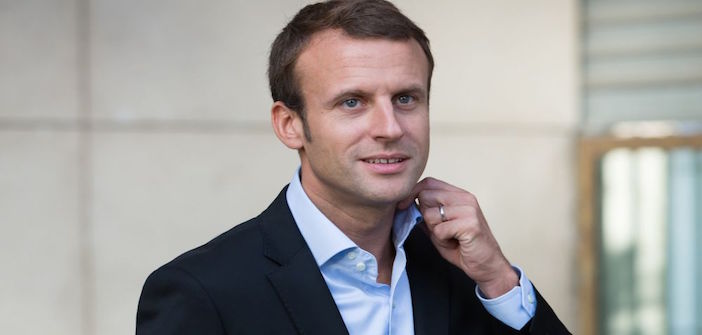Emmanuel Macron will very soon present the budgetary framework of his presidential program, a way for him to respond to the jabs of his main rivals, Marine Le Pen and François Fillon, regarding his “lack of a program”.
The former Bercy resident aims to reduce the public expenditure ratio to GDP by 3 percentage points over the next five-year term. Currently, this ratio is around 56.5%. This reduction would represent about 60 billion euros in savings.
A budgetary framework that positions him between François Fillon and his promise of 100 billion in savings, and Benoît Hamon, who does not plan to adhere to the European 3% deficit rule.
The first major area of savings for Emmanuel Macron is expected to be the state employee wage bill, close to 85 billion euros. The second is a further reduction in grants to local authorities. There are no plans to touch the pension system for now.
The leader of En Marche somewhat limits his room for maneuver by imposing certain rules on himself: no increase in tax pressure, meaning no VAT hike, and maintaining the public deficit below 3% of GDP.
A problem for the former Minister of Economy: the rising cost of borrowing is expected in the medium term.


